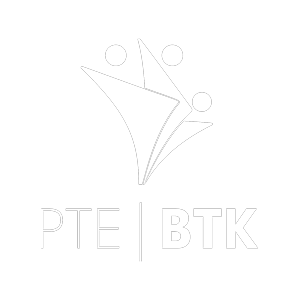Aims
The Centre for the Study of Contemporary Challenges serves as a home for high-standard, interdisciplinary research into contemporary global challenges as conducted by young post-doctoral students representing various fields in the humanities and social sciences (history, political science, anthropology, philosophy, psychology, sociology, etc.), all of whom possess advanced knowledge of foreign languages, scientific credentials, and connections to foreign institutions.
Ongoing research at the centre focuses on such defining phenomenon of the present age as present serious challenges to modern society as a whole—issues whose study and remediation via appropriately developed response strategies offer benefit at the global level:
• migration
• security policy
• identity
• ecology, including the impact of climate change
• the protection of global heritage
• political systems
• changing economic systems
• civilisational theories
• increased influence of religion on politics
• digitisation
• communication
• urbanisation and depopulation of rural areas
As a newly inaugurated organisational unit, the centre aims to transcend the usual limits between the sciences—with particular reference to the social sciences and humanities—and take a fresh approach to the examination of the topics under scrutiny, thus enabling the creation of research methods differing from those that came before and findings that can be applied to the realms of not only science, but also civil society and business.
One of the centre’s greatest assets toward this end is its staff’s digital competency, which permits the continuous and effective dissemination and popularisation of the institution’s findings both in traditional scientific forums, and through such other communication channels as ensure their availability to as broad a swath of the public as possible in an appropriate range of styles. Accordingly, centre staff publish their findings for scientific readerships in international (Q1-Q2 class) and Hungarian peer-reviewed journals, while also pursuing effective knowledge transfer in virtual space in a form tailored to public consumption.
A further objective in addition to research is to provide a source of educational innovation on the above-listed strategically significant topics. In lieu of conventional daytime education, centre employees are working to develop short-cycle modules with the potential for garnering international interest in the online or summer/winter university format (three-to-four-week intensive courses).
A priority objective surrounding the centre’s independent research findings is to win significant international grant funding, enabling the institution to extend staff employment contracts beyond their original terms.
Research group member activities (lectures, publications, round-table discussions, youth work, podcasts, etc.) that present the findings of the group’s scientific work to laypeople and/or younger audiences, thus bringing them to the attention of the wider public.
Presentations and other engagements/appearances at domestic and international conferences, events, and round tables occurring since the research group was founded.
Research group members' scientific and educational writings that have seen publication over the course of the past two years. A full publications list is available under the ‘Members’ tab using the MTMT links provided.
Grants applied for or received by the research group or individual members, along with a list of personal and institutional efforts undertaken in collaboration with domestic and foreign partners.

